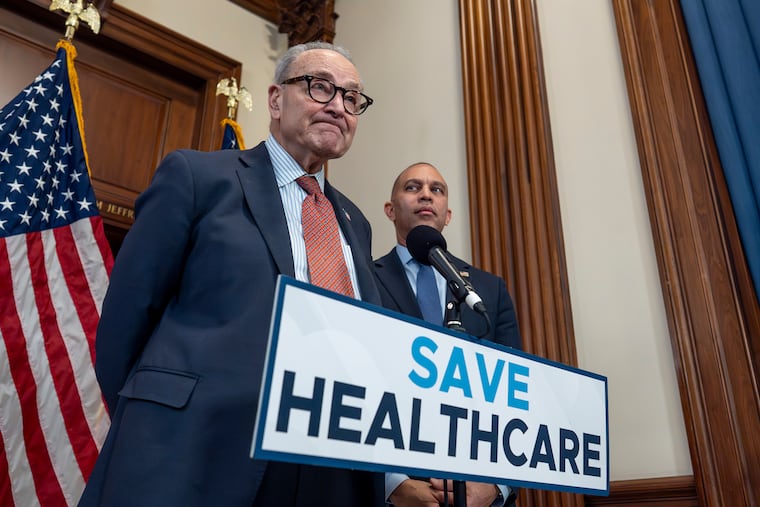Wyoming Mining Advocates Highlight Economic Opportunities and Risks Amid Current Administration

Miners across the United States have recently mobilized successfully against a proposal from the Trump administration aimed at closing over 30 field offices operated by the Mining Safety and Health Administration (MSHA), a crucial entity within the Labor Department focused on enforcing safety standards. This proactive effort underscores the enduring commitment of the mining community to prioritize health and safety regulations.
The National Institute for Occupational Safety and Health (NIOSH), another essential agency dedicated to occupational safety, encountered severe staffing reductions nearing 90% under the previous administration. Miners advocated against these cuts, emphasizing that NIOSH’s research and oversight are fundamental for their well-being. The United Mine Workers of America (UMWA), led by president Cecil Roberts, has been a stalwart defender of miners’ rights and safety, having initiated legal actions to counteract the detrimental effects of those budget cuts.
Roberts stated the dismantling of vital programs such as black lung screenings threatens the health and safety of miners, jeopardizing decades of progress made in workplace safety. While some NIOSH employees were reinstated, the agency’s functionality remains compromised, leaving critical investigations, particularly in resource-rich states like Wyoming, suspended in uncertainty.
In the Rockies, Marshal Cummings, a representative of the United Steelworkers union, expressed serious concerns over silica exposure among trona miners. The risk posed by silica dust, a recognized carcinogen, is alarming and has led Cummings to advocate for comprehensive research into its impacts. Trona miners often work in extreme conditions, burrowing deep into the earth’s crust, with some pits reaching depths of up to 1,600 feet—an operation that illustrates both the challenges and potentials of the mining industry.
The impending implementation of a new rule designed to lower permissible silica dust levels, aimed at combating the increasing prevalence of respiratory diseases such as black lung, has been delayed. Cummings attributes the setbacks to the industry’s prioritization of profit over worker health, arguing that the delay provides an opportunity for corporate interests to sideline life-protecting regulations.
Executive director of the Wyoming Mining Association, Travis Deti, represents industry leaders, some of whom oppose the silica regulation, deeming it excessive for the mining practices prevalent in Wyoming, which often involve surface mining techniques as opposed to the underground approaches frequently utilized in regions like Appalachia. Deti insists that their operations manage silica exposure effectively, reflecting the complex dynamics between safety regulations and the diverse methodologies within the mining sector.
This ongoing dialogue surrounding miner safety showcases the resilience of the mining community as they assert their rights and foreground the significance of health regulations in ensuring safe working environments.
#PoliticsNews #CultureNews






